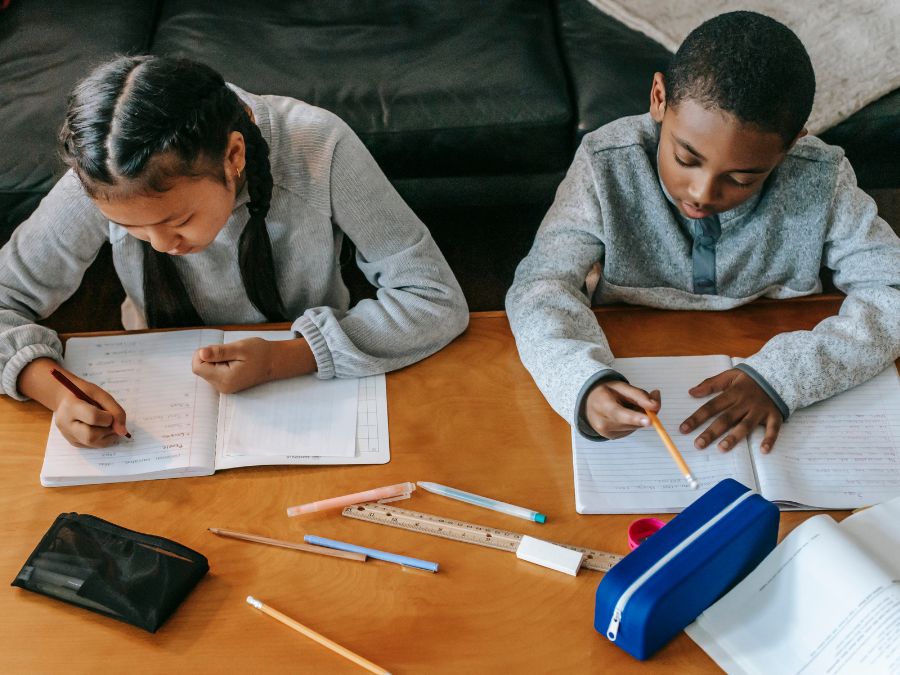
Yes, you can (and should) use data
Let’s be honest – when people hear the word data, they don’t always feel excited. For many organizations, data collection and evaluation feel overwhelming, time-consuming, or even out of reach. Maybe you don’t have a dedicated data team, maybe resources are tight, or maybe you’re not sure where to start.
But here’s the good news: data doesn’t have to be complicated to be meaningful. You don’t need fancy software or a statistics degree to gather insights that can drive real impact.
And we’re here to help. Over the coming months, we’ll break down practical, manageable ways to collect and use data – no matter your organization’s size, budget, or level of experience – in a series of blog posts. We’ll also take you behind the scenes of our own implementation evaluation work at the HOPE National Resource Center so you can see what we are learning, how we’re using data to improve our impact, and how you can be part of the process.
Why data matters (and how it can work for you)
Too often, data is seen as a compliance requirement – something organizations have to do for funders or reports. In reality, data is everywhere, and we use it all the time to make decisions in our daily lives. At its core, data is a powerful tool for learning and growth. When used well, it helps you:
- Tell your organization’s story and show the impact of your work in ways that resonate with funders, partners, and the community.
- Make informed decisions related to what’s working, what’s not, and where adjustments could be made.
- Advocate for change in policies, secure funding, or strengthen programs.
Think about something as everyday (yet sometimes frustrating) as planning family meals. Let’s say you start paying attention to which dinners your kids actually enjoy and finish versus the ones that end in half-full plates and requests for snacks later. Over time, you notice a pattern – maybe taco night is always a hit, while that new casserole recipe never really lands. With that data, you can adjust your meal plan, make dinners that your family enjoys, and reduce food waste. Plus, by making small adjustments based on what your family actually eats, you’re not only reducing food waste but also making your grocery budget go further. That’s data in action – tracking patterns, making informed decisions, and seeing real benefits. Organizations can do the same by using data to refine programs, improve impact, and make smarter choices that serve their communities better.
When we stop thinking of data as a requirement and start seeing it as a valuable resource, it becomes a tool that empowers us to be more intentional, responsive, and effective in our work.
Our journey with implementation evaluation
At HOPE National Resource Center, we believe that if we’re committed to creating a world where all children have access to the positive childhood experiences (PCEs) they need to thrive, we also need to assess whether what we are doing is working. By evaluating our impact, we can learn, adapt, and strengthen our approach—ensuring that the organizations and communities we serve have the tools and support they need to nurture PCEs and promote health and well-being for all.
Right now, we’re in the middle of our implementation evaluation – digging into how organizations are using the HOPE framework in real life. We want to understand what’s working, what’s challenging, and how we can better support those putting HOPE principles into practice. We are also looking at what data organizations are already collecting and what barriers are getting in the way of gathering or using data in a way that feels helpful.
But this isn’t about collecting data just for the sake of it. Our goal is to make sure HOPE is practical, adaptable, and truly helpful for the organizations and communities putting it into action. And to do that, we need your help.
How you can participate: Your voice matters!
We’re looking to hear from organizations, practitioners, and community members in three key ways:
- Join a Listening Session – A space to share your thoughts in a group setting, hear from others, and contribute to the larger conversation. Listening sessions help us understand collective themes and experiences.
- Schedule a One-on-One Conversation – Prefer a more personal approach? We’re happy to connect individually to hear your thoughts and experiences.
What you share helps us make HOPE even more useful and practical—not just for organizations like yours, but for the whole HOPE movement.
Looking ahead: What’s next in this series?
This blog is just the beginning. Our goal is to make data collection simpler, more accessible, and truly useful for your work.
In future posts, we’ll dive into:
- Asking the right questions – How to identify what you really want to learn from your data.
- Keeping it doable – Practical strategies for collecting meaningful data, even with limited resources.
- Sharing what you learn – Communicating your findings in ways that drive change and engage stakeholders.
Let’s make data work for us
We collect data every day – whether it’s noticing which staff meetings are the most productive, which outreach efforts get the best response, or even which weeknight dinners disappear fastest from the table. Sometimes, it’s about becoming more intentional with the data we already have. Other times, it’s about collecting more to fill in the gaps and make informed decisions instead of guessing.
Data doesn’t have to be complicated or overwhelming, and it definitely doesn’t have to be perfect. By taking small, thoughtful steps, your organization can use data in a way that feels practical, empowering, and truly worthwhile. And we are here to make that process easier.
Your insights will help us make HOPE more useful and practical – kind of like figuring out that taco night should be every Tuesday. So, if you have not yet, take a few minutes to join a listening session, or schedule a one-on-one conversation. We’d love to hear from you – especially if you have strong opinions on casseroles.


